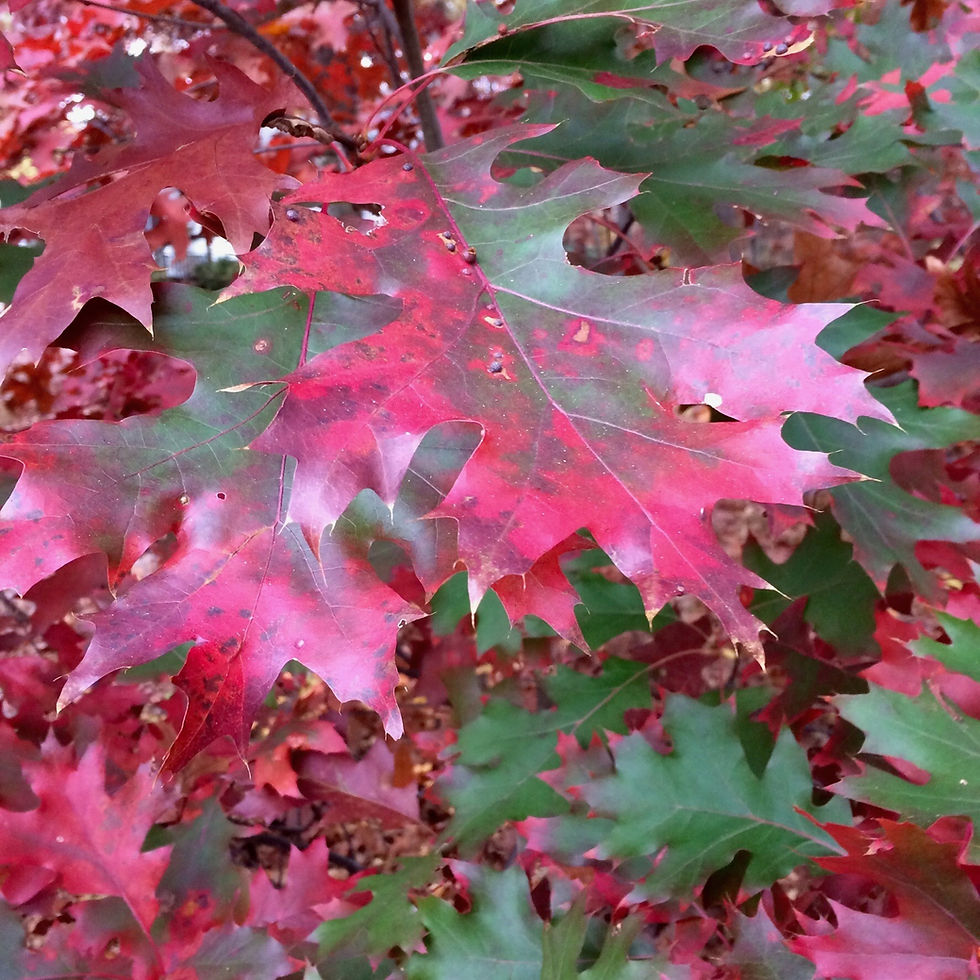Native Plant of the Week: Blue-eyed Grass
- Kimberly Simmen
- Mar 25, 2023
- 1 min read
Family: Iridaceae
Name: Sisyrinchium angustifolium - Blue-eyed Grass
Bloom Time: May - June
Flower: Lavender-Blue
Soil Condition: Average-Moist
Light: Sun to Partial Shade
Height: 12-24"
Native Range: Central to Eastern United States including Long Island
Zone: 5 to 9
Blue-eyed Grass is not a grass at all but is a member of the Iris family. The grass like foliage looks great as an edging to a walkway. Great for naturalizing as it will self sow and spread by rhizomes to form a colony. It tolerates clay soil and bog situations. Deer resistant.

Maintenance: You may shear it after blooming to remove developing seed capsules.
Benefits: Attracts numerous types of pollinators including bumblebees, sweat bees, syrphid flies and butterflies. Songbirds eat the seeds.
Companion Plants: Aster laevis (Smooth Aster), Solidago odora (Sweet Goldenrod), Ruellia humilis (Wild Petunia)
Substitution Plant: Sisyrinchium atlanticum (Eastern Blue-eyed Grass)
Photo: Cathy DeWitt, CC BY-NC-ND 4.0
=============================================================
References:





Comments